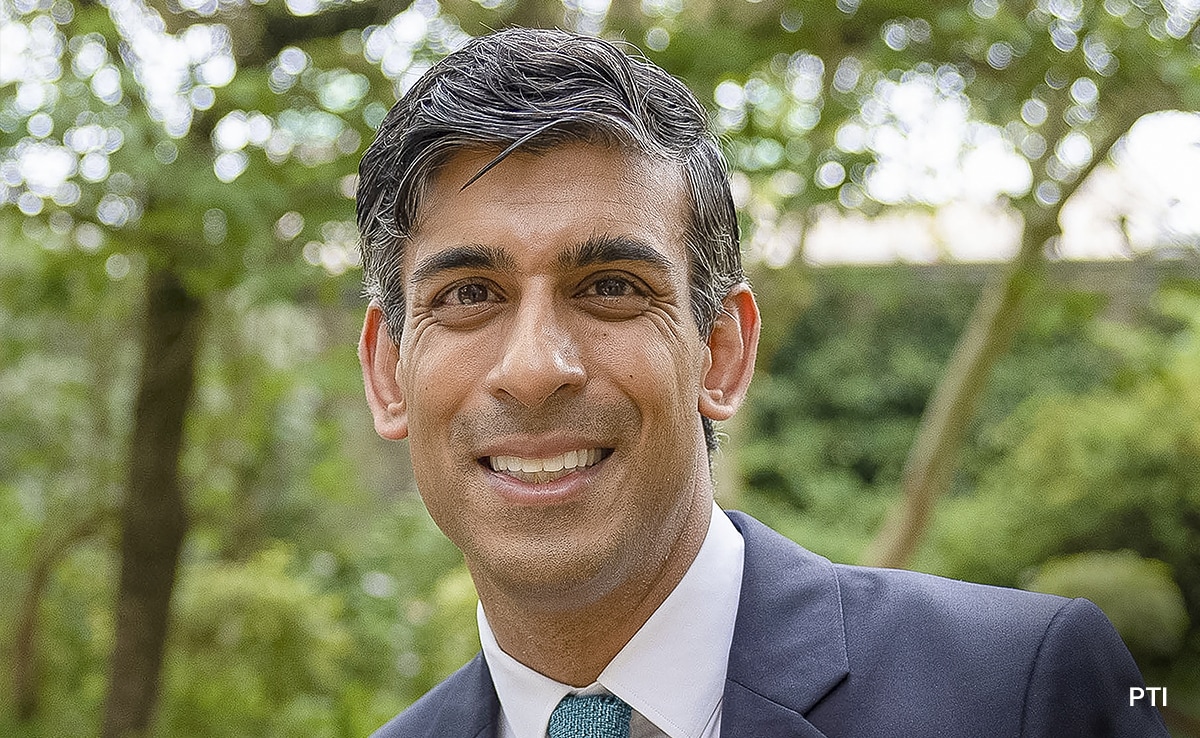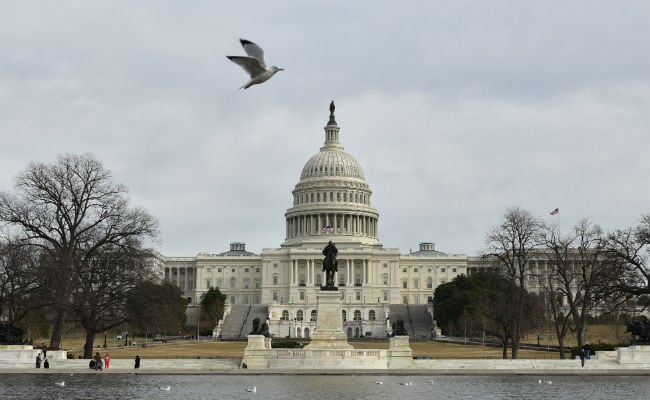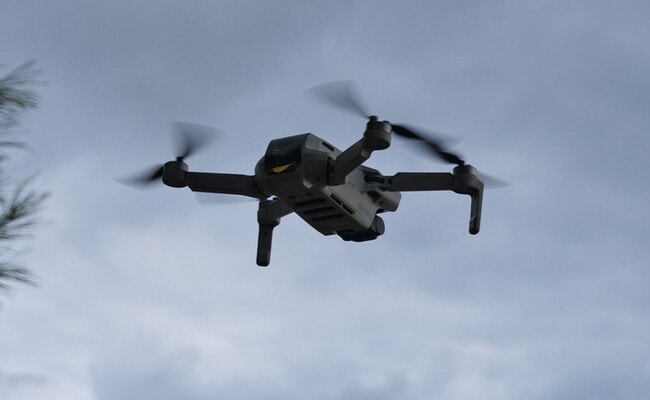Michael McCaul, the U.S. Republican chair of the House Foreign Affairs Committee, speaks during a press conference following a meeting with Taiwan’s President Lai Ching-te, in Taipei, Taiwan May 27, 2024.
| Photo Credit: REUTERS
A senior U.S. lawmaker affirmed on Monday Washington’s support for Taiwan against Chinese “aggression”, on the first congressional visit to the self-ruled island since it swore in a new President.
Sitting down Monday morning with President Lai Ching-te, Representative Michael McCaul — who heads the influential House Foreign Affairs Committee — said he and his colleagues stood in “strong support of this beautiful island”.
Three days after Mr. Lai was sworn in, Chinese warships and fighter jets encircled Taiwan in drills that Beijing said were a test of its ability to seize the island.
China claims democratic Taiwan as part of its territory, and says it will never renounce the use of force to bring the island under its control.
Mr. McCaul on Monday condemned those “intimidating military exercises”, saying they showed China was “not interested in taking Taiwan by peaceful means”.
“All democracies must stand together against aggression and tyranny,” Mr. McCaul said.
“Whether it’s Putin in Russia, the Ayatollah in Iran or Chairman Xi next door to us in China, an unholy alliance is eroding peace around the world,” he told Mr. Lai.
“Not since World War Two… have we seen such blatant violence and naked aggression,” he said.
Mr. McCaul arrived in Taipei on Sunday accompanied by both Republican and Democratic lawmakers.
Mr. Lai thanked the lawmakers for their support, saying he hoped the U.S. Congress would “continue to assist Taiwan in strengthening its self-defence capabilities”.
“I will enhance reform and bolster national defence, showing the world the Taiwanese people’s determination to defend their homeland,” he said.
Beijing said on Monday it “firmly opposes” the lawmakers’ visit.
China “made stern representations to the U.S., and will take the necessary measures to staunchly defend national sovereignty and territorial integrity”, Foreign Ministry spokeswoman Mao Ning said.
“China firmly opposes military contact between the US and Taiwan, opposes the arming of Taiwan, and urges the relevant U.S. lawmakers to… stop supporting and indulging Taiwan independence separatist forces,” Ms. Mao added.
‘Deterrence’ necessary
The United States switched its diplomatic recognition from Taiwan to China in 1979, but Washington remains the island’s most important ally and supplier of military hardware.
U.S. President Joe Biden has said he does not support Taiwan’s independence but also that he would back sending forces to defend the island. The official U.S. position on intervention is one of strategic ambiguity.
Mr. McCaul on Monday affirmed that the US Congress “on a bipartisan basis supports Taiwan”.
“We are not here as Republicans or as Democrats, but as Americans,” he said.
The US Congress in April allocated $8 billion in military support for Taiwan, enraging Beijing, which warned it would only increase the “risk of conflict”.
Asked on Monday how quickly the U.S. was getting military support to Taiwan, McCaul admitted: “I’d like to see it faster.”
“But they are forthcoming,” he said.
Chinese President Xi Jinping “has bold and aggressive ambitions, and we just need to do everything we can to make it possible for him to see that the risk outweighs the reward”, he added.
“The key is to make sure that Taiwan has the weapons necessary for deterrence so when Xi’s looking at that calculation it doesn’t look good for him,” he said.











